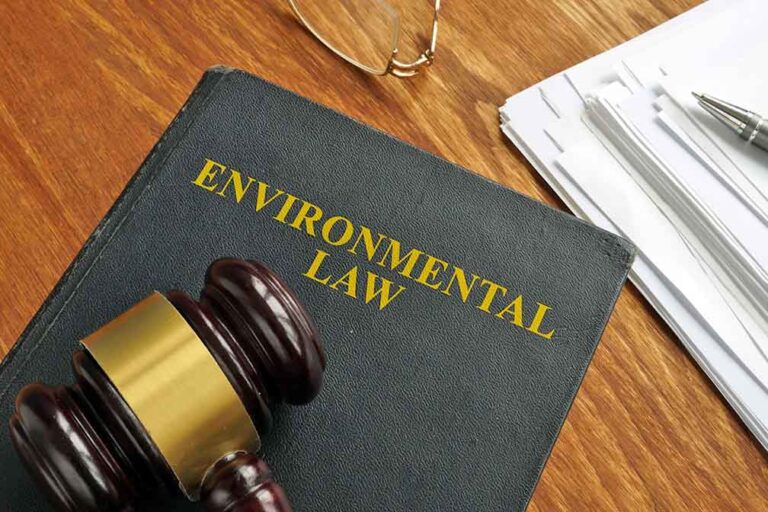HARRISBURG, Pa. — The Pennsylvania Motor Truck Association (PMTA) and four of its members have filed a lawsuit against the Pennsylvania Department of Environmental Protection and the Pennsylvania Environmental Quality Board for what they say is the “outsourcing regulations on truck sales to California regulators,” according to a statement.
Other PMTA member companies named in the lawsuit are Peters Brothers Inc., H.R. Ewell Inc., Kenworth of Pennsylvania and Transteck Inc.
“In 2002, the Pennsylvania Environmental Quality Board promulgated a regulation that incorporates California’s standards for heavy diesel engines — like those in commercial trucks — in perpetuity,” the PMTA statement said. “As a result, when California adopted a new regulation requiring new engines to meet dramatically more stringent emissions standards and requiring extended warranties, those rules automatically became law in Pennsylvania.”
The PMTA says that this “will have devastating impacts on Pennsylvania companies. For example, Peters Brothers replaces approximately 13 trucks each year, which means they must pay a huge chunk of extra money for warranties the company neither wants nor needs. This added burden alone has the family reluctantly, but seriously, considering buying their trucks in Wisconsin, where they have another hub.”
The PMTA goes on to say that “Only the Pennsylvania General Assembly can make law in Pennsylvania, because only the General Assembly speaks for the people it represents, and to whom it is accountable.”
“Pennsylvania cannot give away governing power to unelected bureaucrats in California,” said Luke Wake, an attorney at Pacific Legal Foundation. “Pennsylvanians should only be governed by their own representatives in the state legislature. No one in Pennsylvania ever consented to be ruled by the California Air Resources Board.”
The statement closes by saying that state regulatory agencies “cannot outsource rulemaking authority to government agencies in other states. Doing so subverts democratic accountability to the people and is an affront to our Constitution. Furthermore, letting California call the shots forces regulations on Pennsylvania citizens and businesses without their input, economic analysis, consideration of alternatives, or debate over whether the new standards are even needed in Pennsylvania.”
Pennsylvania officials say that the strict regulations are needed because of environmental concerns.
“Several years ago, the U. S. Department of Justice, the U.S. Environmental Protection Agency and California found that for a decade, seven of the largest heavy-duty engine and vehicle manufacturers (representing approximately 60% of engine sales) had designed engines that turned off diesel emission control devices during in-use highway driving,” the state’s website on emissions laws says.
“This allowed NOx emissions as high as three times the emission standard,” the statement continues. “In 1998, the government and companies entered into binding settlement agreements that included fines and actions to make up for some of the additional emissions. One of the conditions agreed to by most of the manufacturers was to have their engines certified with additional tests that ensure emission controls operate during most of the real-world operating conditions. The settlement agreements expire in model year 2004 but federal regulations requiring these additional tests for new engines do not take effect until model year 2007. Pennsylvania wanted to ensure that more polluting engines would not be sold in the Commonwealth during the gap between model year 2004 and 2007. The only way to do so was to require that these engines meet California standards, since Pennsylvania cannot set its own standards for new engines or vehicles.”
According to the Diesel Technology Forum, 66% of all Pennsylvania trucks in 2022 are advanced technology clean diesel commercial trucks, which is higher than the national average of 53% and higher than California’s average at 52%.
The Trucker News Staff produces engaging content for not only TheTrucker.com, but also The Trucker Newspaper, which has been serving the trucking industry for more than 30 years. With a focus on drivers, the Trucker News Staff aims to provide relevant, objective content pertaining to the trucking segment of the transportation industry. The Trucker News Staff is based in Little Rock, Arkansas.











